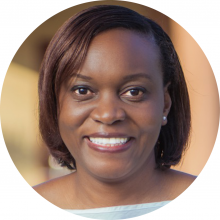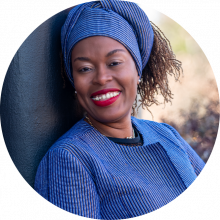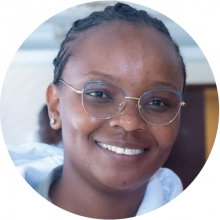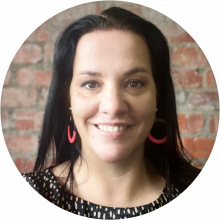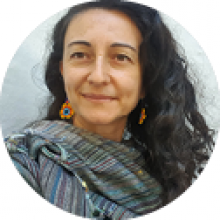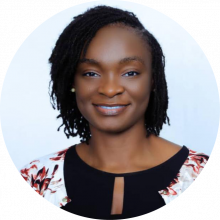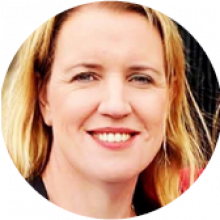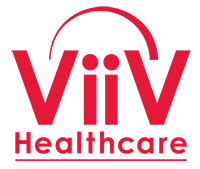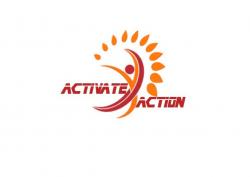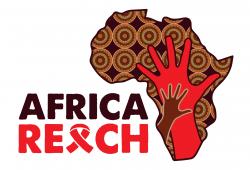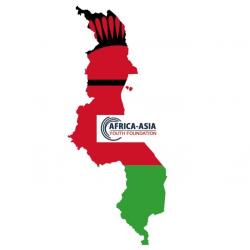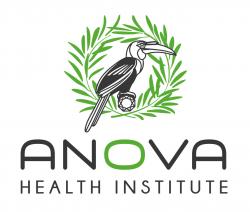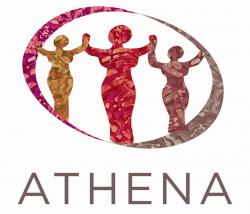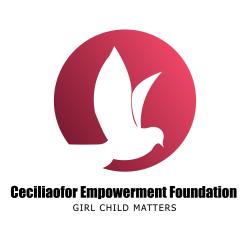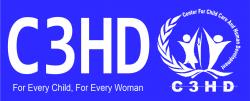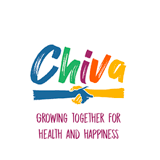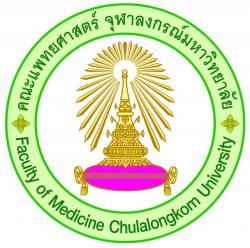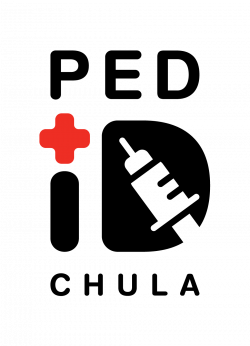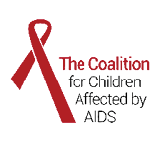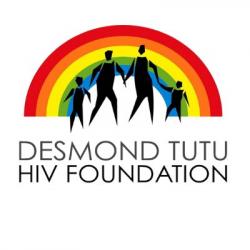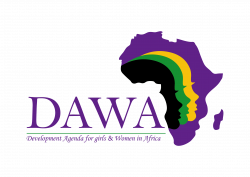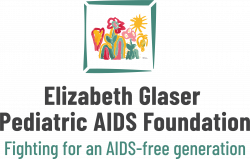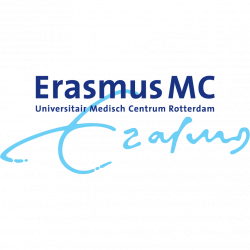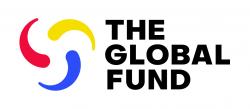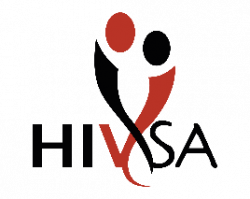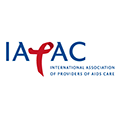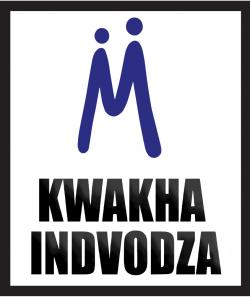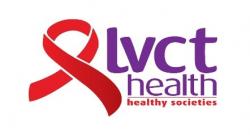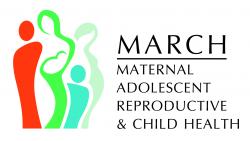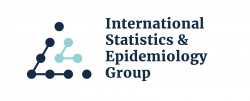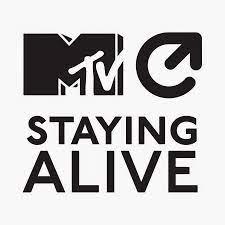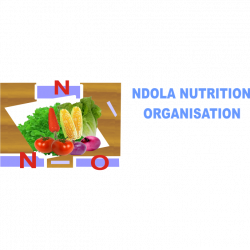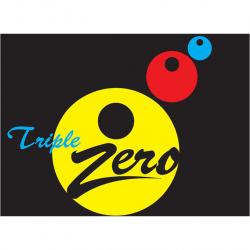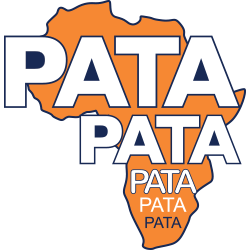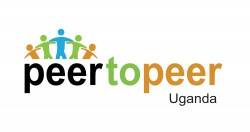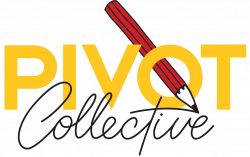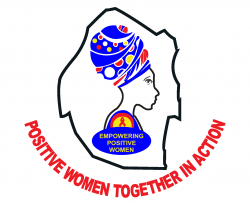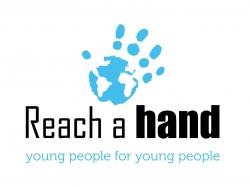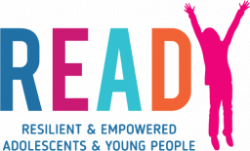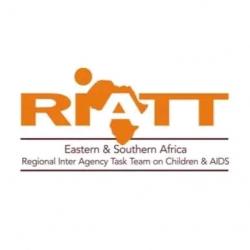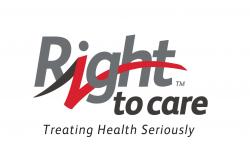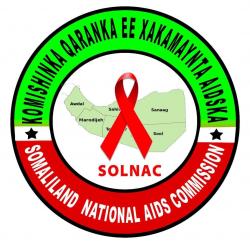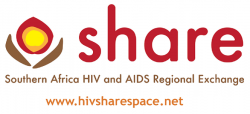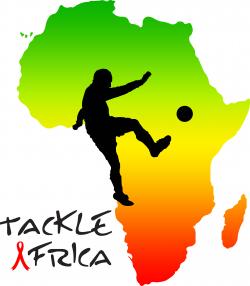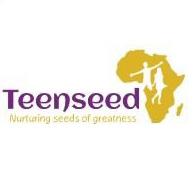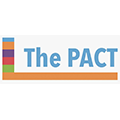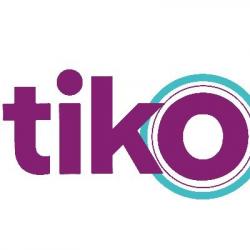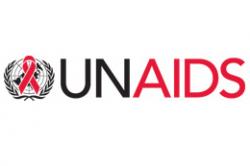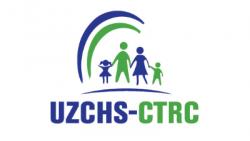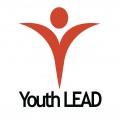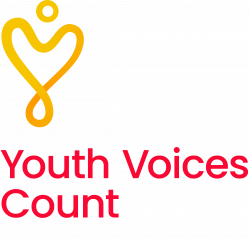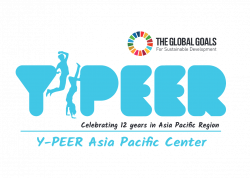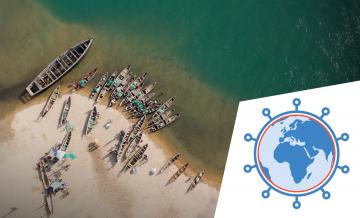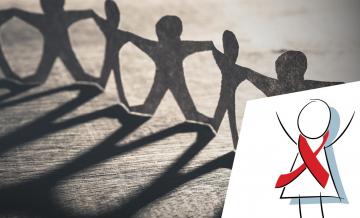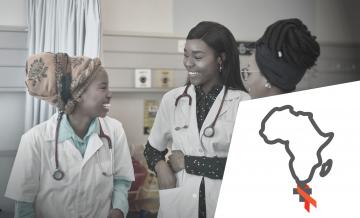-
The 9th International Workshop on Adolescence, SRHR, & HIV 2025 will take place in Gaborone, Botswana.
-
Abstract Submission is now open! Here here to submit your research. Visit the "Abstract" tab for full submission guidelines and details.
-
Registration is now open! Registration waivers and discounts are available for specific categories.
-
To stay updated on the relevant developments, make sure you are signed up for our newsletter.
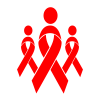
9th International Workshop on Adolescence, SRHR, & HIV 2025
What's New
About this Program
The 9th International Workshop on Adolescence, SRHR, & HIV will take place as a live program from 1-3 October 2025.
Adolescence is a unique developmental stage full of transitions that offer both challenges and opportunities – including laying a foundation for good health. Every effort must be made to ensure access to HIV and SRHR services and retain adolescents in care to improve and maintain their health and well-being.
The medical advances that have transformed HIV treatment and prevention are yet to alter the stark reality for adolescents and young people, particularly in low to middle-income countries. Even as AIDS-related mortality has decreased overall in recent years, AIDS-related deaths among adolescents are still higher than in adults. AIDS is still the no.1 cause of death of adolescents in 12 countries in SSA, and almost six times as many adolescent girls acquired HIV than adolescent boys. Uncountable early pregnancies among young women who were not ready have occurred, often in the context of violence. Globally 50% of pregnancies among 15 - 19-year-olds were unintended. Young key populations remain marginalized from critical services.
There is a need to understand and invest in evidence-informed multi-sectoral solutions that support young people to reduce their HIV risk, improve SRH, educational and employment outcomes, reduce poverty and hunger, and exposure to violence and mental health. This workshop aims to look at the fuller lives of adolescents and address the multiple overlapping drivers that impact their sexual and reproductive health and HIV needs. It explores new and innovative approaches, such as digital technology, and focuses on adolescents’ agency and leadership to control their health and lives.
Program Chairs 2025
General Information
• Skills-Building Sessions;
• Youth Led Session designed and chaired by young people;
• Empowering the new generation - 40% of the attendees are below the age of 30;
• Facilitates a dialogue between all stakeholders involved in HIV & adolescence and SRHR (stakeholders such as researchers, programmers, adolescents, clinicians, government representatives).
• Clinicians and other HCP’s involved in care of adolescents living with HIV;
• Researchers;
• Adolescents and youth;
• Policymakers;
• Programmers;
• Implementing partners;
• Community representatives; and
• (Non-)Government representatives.
- Provide updates on the latest research innovations and implementation experiences, and translate them into best practices to optimize HIV and SRHR interventions and services for adolescents;
- Share adolescent-centered solutions to provide psychosocial support and ensure mental well-being;
- Stimulate communication, networking, and skill-building for diverse stakeholders;
- Enable young people to lead the HIV and SRH response and support others to gain the knowledge and skills to make safe choices for their health, well-being, and dignity;
- Share experiences of adolescents including youth-led interventions and programs;
Practical Information
Translation will not be provided.
Any individual who feels discriminated against, harassed, disrespected, or marginalized is encouraged to report the incident(s) to VE and AME via info@amededu.com or to one of our on-site personnel.
Any participant who is found to have exhibited any inappropriate conduct or behavior against others may be removed from the program.
Fees and Conditions
Please note that payment by credit card is required to be able to register for the workshop. Please contact the conference secretariat if this is not possible for you.
Fees and conditions
| Regular Delegates |
RLS |
Industry | |
|---|---|---|---|
|
Early Fee (payment before/on 10 June 2025) |
€595 |
€150 |
€895 |
|
Regular Fee (payment before/on 6 August 2025) |
€745 |
€200 |
€1.045 |
|
Late Fee (payment from 7 August 2025) |
€845 |
€225 |
€1.145 |
| Discounts | ||
|---|---|---|
| Early-Career Investigators / Academia from Resource-Limited Settings (RLS)* WITH accepted abstract | 50% Off Early Fee | |
| Early-Career Investigators WITHOUT accepted abstract | 50% Off Current Regular Fee | |
| NGO Representatives / Government Representatives (i.e. MOH, NIH, NIAID, etc.) / Advocates | 50% Off Current Regular Fee | |
| Members of Endorsers | 25% Off Current Regular Fee | |
|
Sponsors |
Contact Secretariat |
*Recource-Limited Settings (RLS): Countries included in the low-income and middle-income economies list of the World Bank Classification
* The "Regular Delegate" category includes the following:
- Healthcare professionals (HCPs) and patient representatives;
- NGOs and activists;
- Government officials, representatives, and policymakers;
- Researchers;
- Students in a relevant field; and
- People Living with HIV
HCPs are defined as professionals that provide any type of health care service to patients living with HIV or other diseases. If you are not sure, please do not hesitate to contact us.
**The "Industry Delegate" category includes: representatives from industry, medical education providers, investment companies, and others not listed above.
Important
-
We strongly advise that you register early to ensure your registration. Registration will close when the capacity of the venue is reached.
-
Submission of your online registration does not guarantee that your registration has been accepted. Your registration is final when full prepayment has been received and a confirmation of your registration has been sent.
-
If you have financial concerns, please contact the workshop secretariat.
- Access to all scientific sessions, including poster area
- Workshop pack, including abstract book and program
- Refreshments during the coffee breaks
- Buffet lunch on meeting days
IMPORTANT:
- No day rate is available
- Payment can only be made by credit card.
- Virology Education reserves the right to cancel improper registrations. Claims for a refund will not be honored.
IMPORTANT: The discount is offered to the presenting author only.
To be eligible as an early-career investigator, one should either be a current Master/PhD student or have obtained an MD/PharmD/PhD degree in the last five years. An application form needs to be completed by a supervisor and received by the Virology Education secretariat at least two weeks prior to the start of the workshop. Virology Education will contact the early-career investigator with instructions regarding the registration procedure.
- Cancellation before/on 1 September 2025: 50% refund (minus an administration fee of €40)
- Cancellation after 1 September 2024: Unfortunately, no refund will be given
If you are unable to attend the conference, a substitute delegate is always welcome at no extra charge, provided that a letter of authorization from the original participant has been received and the conference secretariat has been notified of the name of the substitute delegate before 15 September 2025. A statement (email/letter) of cancellation must be sent to Virology Education.
1. Proof of accreditation
2. Valid identification (e.g. passport)
3. A letter from your assignment giver stating the details of your assignment (e.g. editor)
4. At least 3 previous written assignments in recognized outlets on HIV. If you are a freelance journalist, the assignments can be from different (recognizable) news outlets. Links to online publications are accepted
5. The website of the publication(s)/blog(s) that will be featuring your story on this workshop
A reduced registration fee may apply for accredited media participants depending on availability. Preference will be given to credible print and online news sources. Please contact the workshop secretariat for registration conditions.
We would like to receive a copy of your workshop report/ article once it is finalized.
All credentials will be verified by the Organizing Committee of the Workshop. Media representatives are kindly requested to register by sending the above-mentioned information to info@amededu.com.
Important: Media is restricted to the written press. Recording on film or photo is not allowed. Virology Education will request a copy of the written piece once it is finalized. Media representatives must also agree to abide by the 2025 embargo policy.
Preliminary Program
The program of Adolescence, SRHR, & HIV 2025 is currently under development. The following topics will be discussed:
-
Adolescents Living With and at Risk of Acquiring HIV: Unintended Pregnancy, Antenatal and Postnatal Care. Best Practices, Challenges
-
Adolescents and Human Papillomavirus – What Do We Know, What Do We Need to Know
-
What Is Dual Therapy and Is It Feasible in the Setting of Adolescents LWHIV
-
YKPs and PrEP – What Are the Challenges and What Is Enabling?
-
DEBATE: Injectable Treatment and Prevention Should Be Reserved for People Aged 16–25 Years
-
Mental Health – The Role of Family and Other Social Support: Best Practices
-
Demand Creation for Adolescents – What Works?
-
Community-Based Services for Adolescents
-
What Are We Learning About Peer-Led and Peer-Supported Services
To view the 2024 program, please click here.
Abstracts
- The International Workshop on Adolescence, SRHR, & HIV 2025 accepts new original data as well as encored abstracts. All abstracts must contain up-to-date information at the time of the workshop.
-
We are pleased to offer 50% discount on the Early Fee for early-career investigators and academia from low-income and lower-middle-income countries with an accepted abstract. The requirements for the application are specified here.
-
We accept 2 kinds of abstracts:
-
Research Abstracts: Present the latest results from your study or research and discuss your findings with an expert audience.
-
“Lessons Learned” Abstracts: What worked and what did not work? Share your experiences and exchange ideas with a multidisciplinary audience.
-
-
Abstract submitters are strongly encouraged to use person-first language in their abstracts. View the video tutorial and guidelines here
- Abstract presenters are expected to attend the workshop in-person to present their abstract. Please contact the workshop secretariat if this is not possible.
Abstracts can be submitted under the following categories:
• Adolescents and HIV: Treatment, Care, and Prevention
• Adolescents and Sexual and Reproductive Health
• Adolescents and Health Systems, Integration, and DSD
• Adolescents and STIs
• Adolescents General Health and Well-being, Including NCDs
• Digital Adolescents: Content, Platforms, mHealth
• Adolescents Policy, Legal Aspects, Consent, Rights, and Stigma
• Adolescent Populations with Unique Needs, Rights and Perspectives
- Background: A concise statement of the issue under investigation or a hypothesis;
- Material and Methods: The experimental methods used (including the statistical analyses employed);
- Results: Specific findings (promises such as "to be completed" or "to be presented" are not acceptable);
- Conclusions: A summary of findings that are supported by your results (statistical analyses used to support the conclusions, where appropriate, should be included; concluding statements such as "the results will be discussed" are not acceptable).
Please note that abstracts cannot be accepted if tables or graphs are included. The maximum word count for the abstract body is 350 words.
Abstracts are considered official communications to the conference and will be treated confidentially. Submitters of accepted abstracts agree to attend the meeting and present their abstract as scheduled.
We encourage you to use person-first language in your abstract(s). View our guidelines here: https://academicmedicaleducation.com/person-first-language
Poster presenters are requested to stand near their posters during the poster session.
We advise you to prepare hand-outs of your poster on Letter or A4 format.
Please hang your posters as early as possible. All posters must be displayed from the opening session to the closure of the meeting.
Pushpins and/or velcro will be provided.
Workshop Chairs
Scientific Committee
- Job Akuno, African Centre for Innovation and Impact, Kenya
-
Wole Ameyan, WHO, Switzerland
-
Sarah Bernays, University of Sydney, Australia
-
Elizabeth Mabel Bankah, MBchB, MWACP, MGCPS, MPH(Adolescent Health), PGdip Adolescent Health (Melbourne), PGdip(South Wales), Greater Accra Regional Hospital, Ghana
-
Tom Churchyard, Kwakha Indvodza, Swaziland
-
Chelsea Coakley, University of Cape Town, South Africa
-
Anthony Enimil, MD, Komfo Anokye Teaching Hospital (KATH) / Kwame Nkrumah University of Science and Technology, Ghana
-
Hildah Essendi, PhD, Tiko, Kenya
-
Luann Hatane, PATA, South Africa
-
Missael Hotman, Youth LEAD / Inti Muda, Indonesia
-
Diana Kemunto Nyamweya, MBChB,MPH, USAID, Kenya
-
Igor Kuchin, MD, MSc, UMIT TIROL, Private University for Health Sciences and Health Technology, Austria
-
Zanele Mabaso, Sonke Gender Justice, South Africa
-
Aveneni Mangombe, Zimbabwean Ministry of Health and Children, Zimbabwe
-
Shirley Mark, UNICEF East Asia, Thailand
-
Zandile Masangane, Ministry of Health, Eswatini
-
Webster Mavhu, CeSHHAR, Zimbabwe
-
Nyaradzo Mavis Mgodi, University of Zimbabwe / University of California San Francisco, Zimbabwe
-
Boyd Mkandawire, Grassroots Soccer, Zambia
-
Immaculate Mutisya, MMed - Centres for Disease Control and Prevention, Kenya
-
Linda Barlow Mosha, Makerere University-Johns Hopkins University Research Collaboration, Uganda
-
Lloyd Mulenga, Ministry of Health, Zambia
-
Saiqa Mullick, WITS, South Africa
-
Nicholas Niwagaba, In Their Hands (ITH), Uganda
-
Wawira Nyagah, AVAC, Kenya
-
Ikka Noviyant, Youth Lead, Thailand
-
Laura Bonareri Oyiengo, Ministry of Health, Kenya
-
Renata Sanders, Johns Hopkins University School of Medicine, United States
-
Wipaporn Natalie Songtaweesin, Chulalongkorn University, Thailand
-
Kossy Umeh, Y+, Nigeria
-
Marissa Vicari, UNAIDS, Switzerland
-
Daniel Were, Jhpiego, Kenya
-
Nicola Willis, Zvandiri, Zimbabwe
The members of Scientific Committee are hand-picked by the Organizing Committee and the conference secretariat based on their significant contributions and commitment to the field. They assist the Organizing Committee by providing them with suggestions for speakers and topics. In addition, members of the Scientific Committee participate in reviewing submitted abstracts, and play an active role during the workshop as moderators and/or chairs of sessions.
Support Our Initiative
Financial backing helps us deliver an impactful meeting experience to the benefit of healthcare professionals and researchers interested in Adolescence, SRHR, & HIV.
This collaboration plays a vital role in both the organizational as well as scientific success of the program.
To show your commitment to the cause, get in touch with us for a tailored
support package by contacting Ms. Karin Siebelt at Karin.Siebelt@amededu.com.
Benefits of Support
By supporting this program, we can offer the following advantages for your company.* Please contact us for the most recent support level benefits for this program.
- Symposium opportunities
- Non-commercial interviews with company representatives
- Verbal acknowledgement during the program
- Discounted and complimentary registrations for your representatives
- Company acknowledgement on digital meeting materials including but not limited to newsletters, flyers, the streaming platform, and our website
- Company acknowledgement on printed meeting materials including but not limited to banners and the program book
- Digital and printed advertising opportunities
- Social media shout-outs
- Logo on the conference bag
*Subject to the support level.
Young People’s Lusaka Declaration
Call to Action: The time is now! Accelerating access of effective long-acting antiviral drugs to all for treatment and prevention.
The declaration was inspired by some of the presentations made during the 7th International Workshop on HIV & Adolescence. Young people made a choice, a choice to advocate for the development of injectables as a better treatment solution that will improve therapy outcomes and prevention.
Abstract Writing Webinar
2022 - Highlights Reel
Previous Editions
- 8th Edition - International Workshop on Adolescence, SRHR, & HIV 2024, Kenya
- 7th Edition - International Workshop on HIV & Adolescence, 2023, Zambia
- 6th Edition - International Workshop on HIV & Adolescence, 2022, South Africa
- 5th Edition - International Workshop on HIV & Adolescence, 2021, Virtual
- 4th Edition - International Workshop on HIV & Adolescence, 2020, Virtual
- 3rd Edition - International Workshop on HIV & Adolescence, 2019, Kenya
- 2nd Edition - International Workshop on HIV & Adolescence, 2018, South Africa
- 1st Edition - International Workshop on HIV & Adolescence, 2017, South Africa
